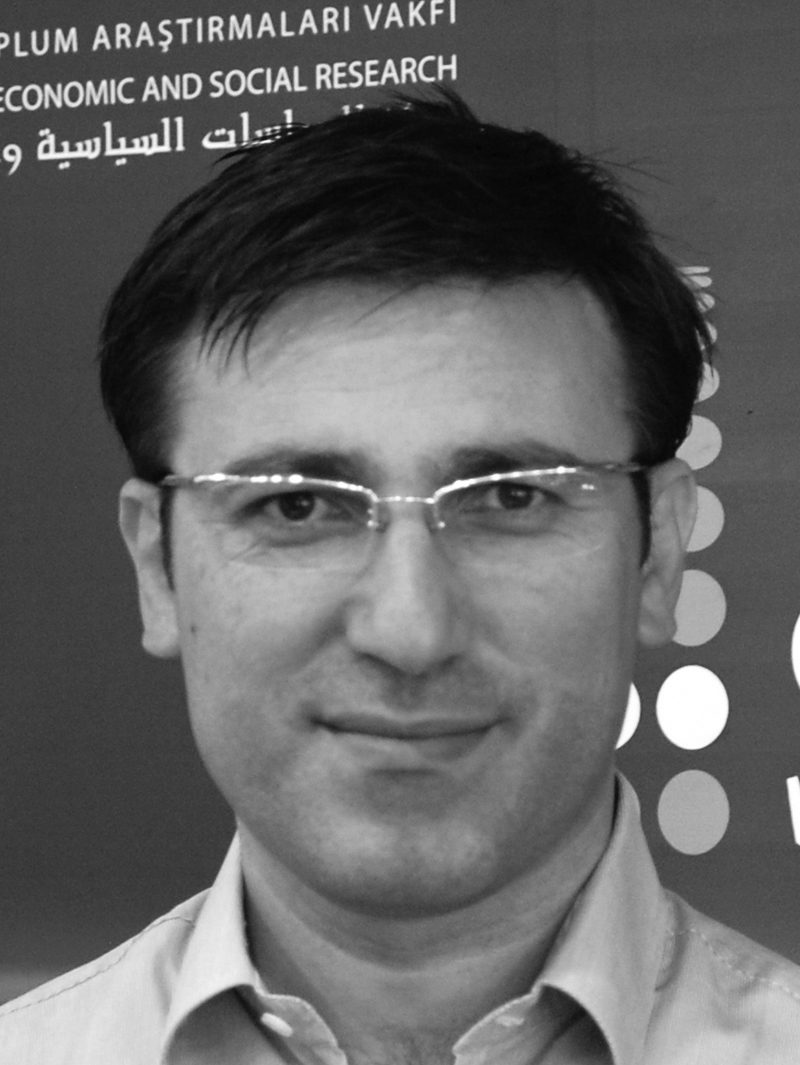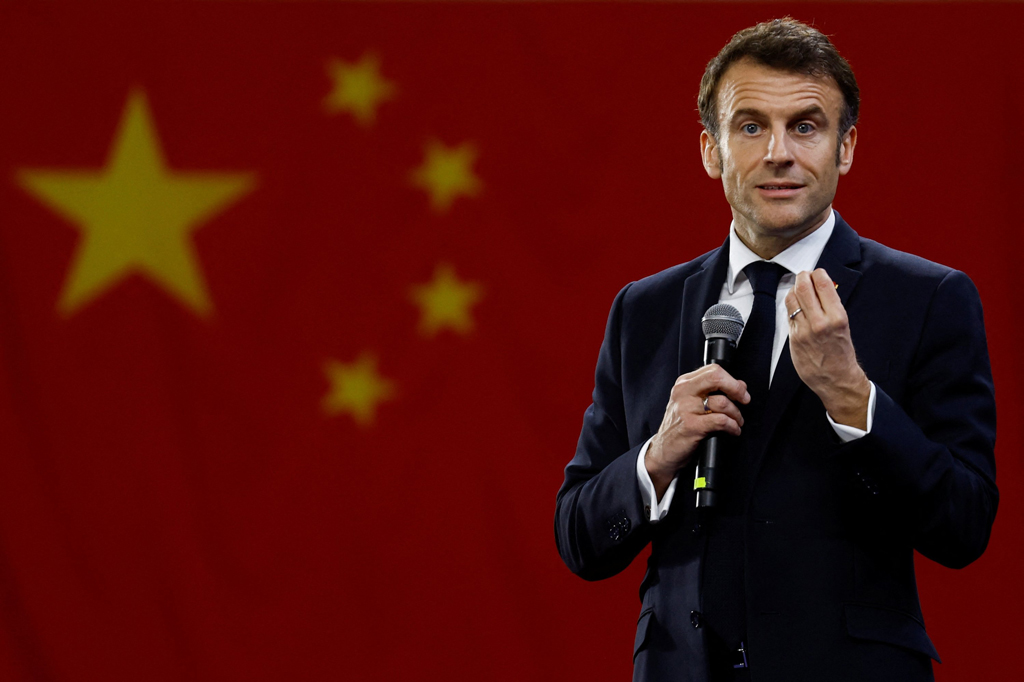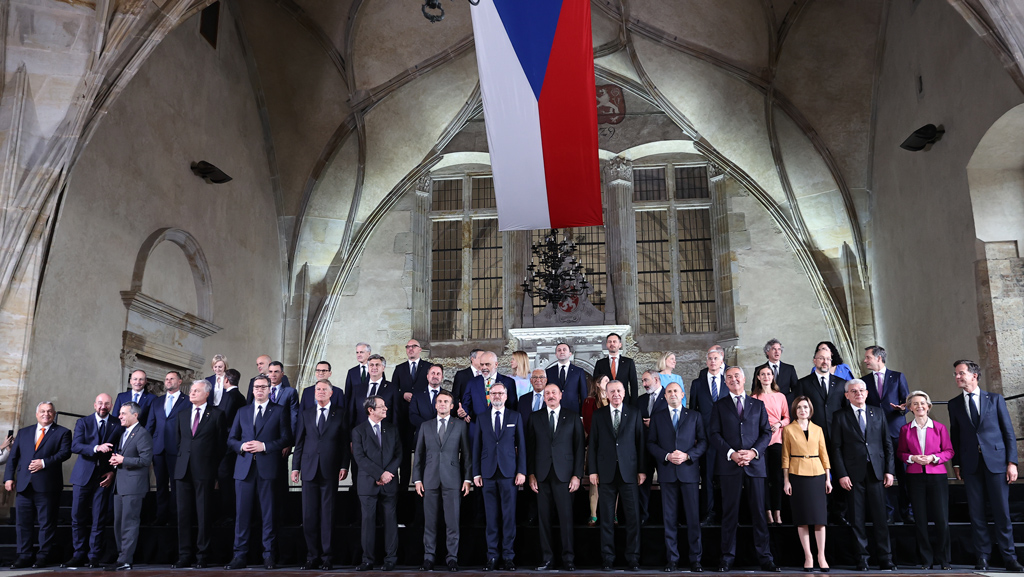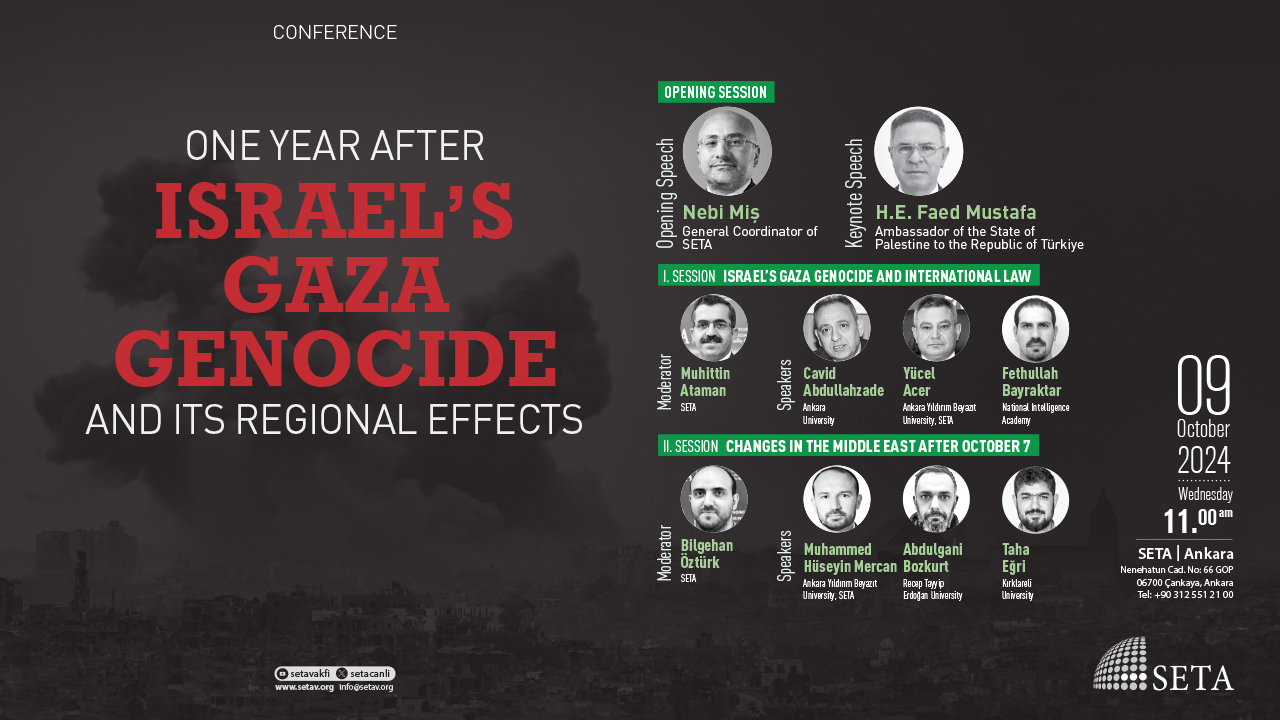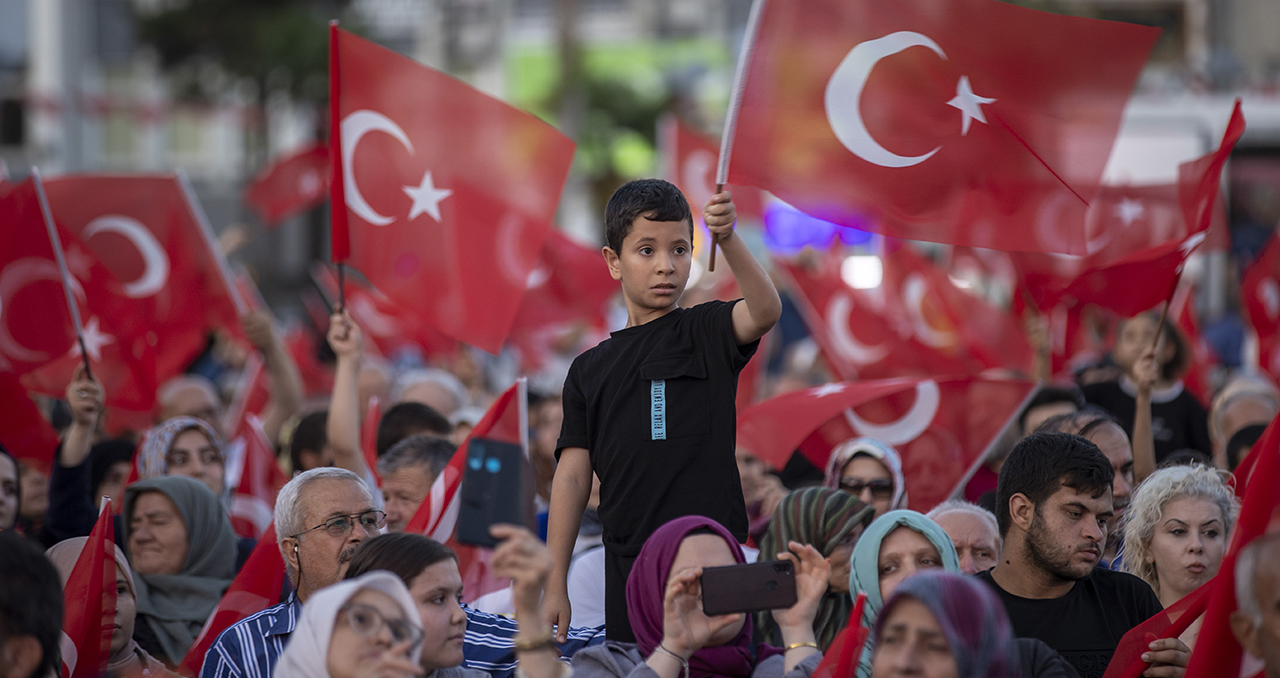The migration and settlement of Turks and Muslims in Europe since the 1960s has irrevocably changed the social, cultural, religious and demographic landscape of European societies by transforming them into more ethnically heterogeneous and diverse political communities.
It is estimated that Muslims currently constitute approximately 5.2 per cent of Europe’s total inhabitants, or 38 million people. Of these, 13 million live within the European Union. There are about 4.5 million Muslims in France, Germany hosts almost 4 million Muslims, and the United Kingdom is home to 1.6 million Muslims. Italy, the Netherlands and Spain each have just over half a million Muslims, while smaller countries such as Austria, Sweden and Belgium have less than half a million. Turks constitute the largest Muslim immigrant community in Europe at an estimated number of 4.6 million. The presence of large numbers of Turks and Muslims in Europe poses numerous challenges to European societies, such as immigration, citizenship, integration, political participation and representation, access to equal opportunities, the acceptance of diversity, peaceful co-existence and rising Islamophobia. These issues are further complicated by Europe’s growing multicultural environment. European countries have responded to these challenges differently by drawing on their history, state formation, political culture and social structures. Although a number of policies were introduced in the past that drew on a variety of political discourses and approaches, ranging from the liberal to the conservative, from the multiculturalist to the assimilationist, to manage the presence of Turkish and Muslim communities, there seems to be no large-scale success story concerning the integration of these groups into mainstream European societies. This failure stems from a political and sociological blindness that views Muslims as a unified and static group despite their rich internal diversity and varying strategies of adaptation to European civil culture. Muslims in Europe have attempted to engage in re-configurations of their collective identity. Although Europe has opened its arms to Muslims and largely allowed them to become citizens and settle, reports by the European Union Monitoring Centre on Racism and Xenophobia, the European Network Against Racism and Equality and the Runnymede Trust all demonstrate that there is widespread Islamophobia in Europe. This is a reflection that European politicians, media and the public have less successfully opened their hearts and minds to Muslims and their culture. Since September 11, 2001, a “culturalist” trend has emerged in Europe that has perpetuated negative stereotypes and sweeping generalizations about Muslims, thus leading to the essentialization and securitization of Islam and to discrimination and acts of violence toward Muslims. Several reports confirm that Turks and Muslims in Europe face various problems. For example, 69 percent of the Turks in Belgium, 61 percent in the Netherlands, and 58 percent in Denmark are of the opinion that discrimination on ethnic grounds is very or fairly widespread. Those in Belgium (71 percent) and the Netherlands (61 percent) are the most concerned about discrimination on the grounds of religion or belief. About half of the Turks in Germany and Denmark (48 and 52 percent respectively) and one third in Austria (29 percent) think discrimination on the grounds of religion or belief is very or fairly widespread. Following a referendum on Nov. 29, 2009, in which 57.5 percent of Swiss voters voted to ban the building of new minarets in the country, Switzerland became the first country in Europe to curb the religious practices of Muslims. In fact, this referendum took place following heated debates when a Turkish-Muslim Association in the town of Wangen in Soleure applied to build a minaret to their mescit (place of worship) in 2006. The referendum results call for a comprehensive reading and re-thinking of Turki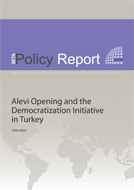
European Encounters with Turkish Islam
The migration and settlement of Turks and Muslims in Europe since the 1960s has irrevocably changed the social, cultural, religious and demographic landscape of European societies by transforming them into more ethnically heterogeneous and diverse political communities.
Share
Tags »
Related Articles
Experts Respond
Experts Respond: European Political Community | Opportunities and Limitations
October 2022
